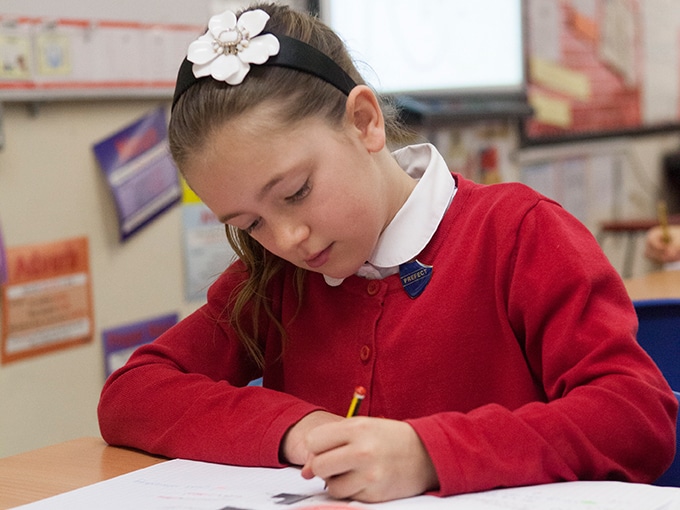Eight questions to ask about your assessment regime

With assessment a key focus of school improvement plans for most primary schools this year, here are 8 questions to ask yourself to help you evaluate whether your assessment system is the best it could be.
1. What information do your assessments give you that will positively influence teaching and learning?
The assessment guru Dylan William defines assessment as becoming formative 'when the evidence is actually used to adapt the teaching work to meet the needs [of children].' Think about whether the tests you use give you practical steps to follow up. For example, do they provide information on common misconceptions for each question? Does it provide links to teaching and planning ideas that will help you to follow up on children's needs? If not then how likely are you to be able to identify these areas?
2. Are weaker areas recovered, or passed onto the next year group?
If you’re testing at the end of a year group, or intending to pass information to another member of staff for intervention, does your testing provide useful information that your colleague can act on right away? This could be through suggestions of follow-up teaching ideas to support those children. This is particularly important now that children are expected to be secure in objectives before moving onto the next year’s objectives. Increasingly, schools are checking where children are in September so that they can spend time on securing any areas that the class haven’t mastered before moving on to new topics.
3. Do the tests test what children have already been taught?
Sounds ridiculously obvious, but many teachers have reported using tests that they only find out later down the line do not fit the order in which they teach maths or grammar and spelling. Your options are then limited to changing your planning to fit your assessment (which is a huge amount of work) or risk assessing children on knowledge that simply hasn’t been covered. In this case test results would lose their meaning, and children risk being demotivated.
4. Does your assessment of reading genuinely assess children’s comprehension or are children’s decoding skills a barrier?
Jim Rose's Simple View of Reading clearly defines two key skills that children need in order to read: decoding and comprehension. Many schools have reported that they are assessing children using texts that their less confident decoders can not access. This will not give you accurate information on their comprehension skills. You can avoid this, and get insight into their ability to infer, predict or deduce by using tests matched to the bookband at which a child is reading independently at.
5. Does your assessment give you information to inform constructive feedback to children and their parents or carers?
Are you able to give parents suggested activities to support children's areas of weakness? Do children know where they need to improve, and are they given timely follow up to build on those areas in school? For example, the marking guidance in Progress & Assess pinpoints maths, science and reading activities that can support the skill area that each question covers.
6. Do children feel stressed or worse, does their confidence dip after taking a test?
The worst possible outcome of testing is that it undermines children’s budding confidence and turns them off learning. Ensuring that your tests reflect what have been taught, and that children are able to decode what they're reading is a good start to making testing as unstressful as possible for young children.
7. How much time does it take to record test scores and then analyse them? Could that time be better used?
The change in assessment has appeared to worsen the epidemic around teacher workload. Question whether you need to fill in endless spreadsheets. Testing and assessment can be as simple as recording a test score, and what that means for a child’s performance against Age-Related Expectations (or your particular assessment language). Consider whether it might be better to spend your time on altering your planning and grouping as a result, and what impact any time spent will have on children’s learning.
8. Are you assessing children’s skills at working scientifically through hands-on experiments, as well as their knowledge?
The National Curriculum clearly states that 'working scientifically' should be embedded in the teaching of science. In order to assess children’s confidence at scientific enquiry it’s important that this is part of your assessment, as well as the much easier to assess scientific knowledge topics.
To review your current assessment system, or to find out more about our Progress and Assess service, call 0800 023 2723 to speak to a Pearson Primary Consultant.